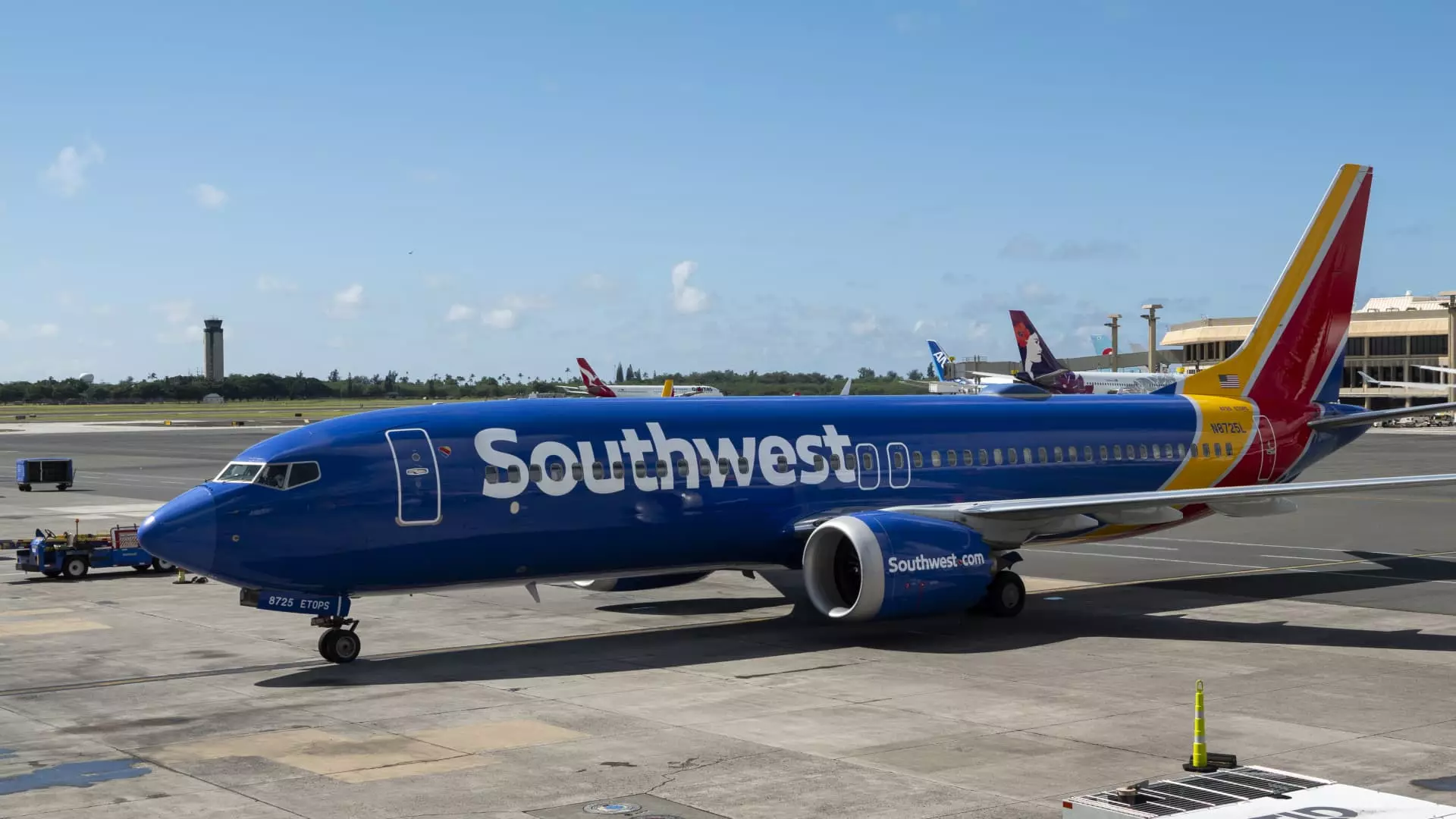Recently, the Federal Aviation Administration (FAA) announced that an engine cowling fell off a Southwest Airlines Boeing 737-800 and struck a wing flap during takeoff from Denver International Airport. The flight, Southwest Flight 3695, was en route to Houston’s William P. Hobby Airport when the incident occurred. Fortunately, the plane safely returned to the gate at Denver, allowing the passengers to transfer to a different aircraft, albeit arriving at their destination three hours late.
Boeing’s Response to the Incident
Following the incident, Southwest Airlines mentioned that their Maintenance teams are reviewing the aircraft, while Boeing directed inquiries to Southwest’s statement. However, Southwest did not immediately respond to questions about the plane and engine’s maintenance history. This lack of transparency raises concerns about the airline’s commitment to passenger safety and the maintenance of its fleet.
This incident comes on the heels of a similar situation involving a Southwest flight straying off course and flying too close to the air traffic control tower at LaGuardia Airport during a landing attempt in New York back in March. It’s worth noting that the Boeing 737 involved in these incidents is an older model than the Max jets, painting a troubling picture of safety lapses within the airline’s operations.
Boeing, the manufacturer of the aircraft, has faced heightened regulatory scrutiny in recent years due to various incidents involving its planes. From a door plug blowing off a nearly new 737 Max 9 mid-flight to quality control concerns causing delays in aircraft deliveries, Boeing’s reputation has taken a hit. Major customers like Southwest and United have expressed frustration over the impact on their growth plans, with the FAA certification of newer models like the 737 Max 7 and Max 10 falling behind schedule.
In response to these challenges, Boeing CEO Dave Calhoun announced his intention to step down by the end of the year, leading to a change in leadership within the company’s commercial airplane unit. This move signals a recognition of the need for accountability and improvements in Boeing’s safety protocols to regain the trust of customers and regulatory authorities.
The recent incident involving the Southwest Airlines Boeing 737-800 highlights the ongoing safety concerns within the aviation industry. As passengers, it is essential to stay informed about these issues and advocate for transparency and accountability from airlines and aircraft manufacturers to ensure a safe travel experience.


Leave a Reply